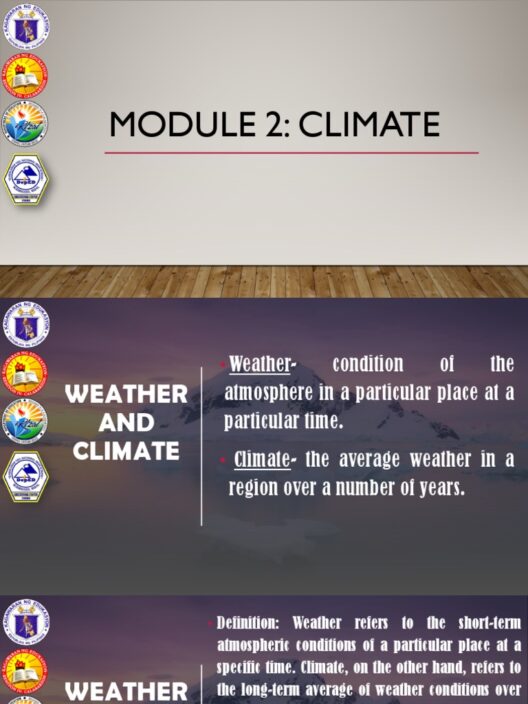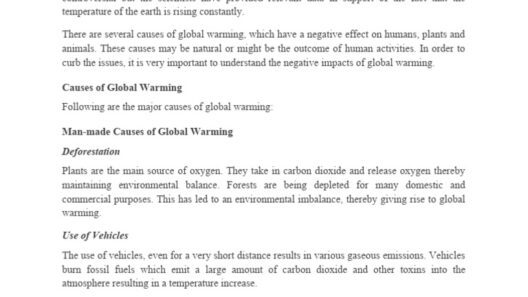Global warming, a pressing consequence of climate change, stands as one of the foremost threats to our planet. The relentless rise in global temperatures fuels erratic weather patterns, devastating natural disasters, and threatens biodiversity. However, there remains a silver lining: collective action can pivot our trajectory toward a sustainable future. Below, we delve into effective actions individuals and communities can undertake to mitigate the looming specter of climate change.
Understanding the multifaceted approaches to combatting global warming is instrumental for enacting meaningful change. From personal lifestyle adjustments to community initiatives and policy advocacy, everyone plays a role in this vital movement.
Transitioning to Renewable Energy Sources
One of the most impactful measures to address global warming is the switchover from fossil fuels to renewable energy sources. This transition primarily emphasizes harnessing solar, wind, and hydropower, which significantly reduces carbon emissions. Individuals can actively contribute by opting for green energy providers or installing solar panels on their premises.
Moreover, advocating for governmental investment in renewable energy infrastructure is crucial. This includes lobbying for subsidies for clean energy projects and encouraging local governments to establish wind farms and solar installations. Collectively, these actions can mitigate the carbon footprint associated with energy consumption.
Enhancing Energy Efficiency at Home
Beyond shifting energy sources, improving energy efficiency within residential spaces is another potent strategy. Simple changes such as using LED light bulbs, sealing windows and doors, and upgrading insulation can drastically reduce energy waste.
Smart home technology also plays a vital role in energy conservation. Devices that monitor and optimize energy usage can inform homeowners about their consumption patterns and identify areas for improvement. By cultivating energy-efficient habits, individuals not only lower their utility bills but also contribute to broader efforts against fossil fuel dependency.
Rethinking Transportation
Transportation accounts for a sizable portion of greenhouse gas emissions. Transitioning to sustainable modes of transportation can yield substantial environmental benefits. Using public transit, cycling, carpooling, or walking contributes to lower emissions while simultaneously promoting a healthier lifestyle.
For those who require a personal vehicle, considering electric or hybrid models can further diminish your carbon footprint. Additionally, as cities implement more bike lanes and pedestrian pathways, advocating for these infrastructure improvements enhances the feasibility of greener transport options.
Email campaigns, community gatherings, and social media are powerful tools to rally public support for progressive transportation initiatives. Mobilizing community action not only lessens traffic congestion and pollution but invigorates local economies and strengthens social cohesion.
Promoting Sustainable Practices in Agriculture
Agricultural practices significantly influence greenhouse gas emissions. The adoption of sustainable farming techniques, such as crop rotation, organic farming, and permaculture, can promote soil health and decrease reliance on chemical fertilizers, which often release nitrous oxide—a potent greenhouse gas.
Consumers, too, wield power in promoting sustainability in agriculture. By opting for locally sourced and organic products, they can reduce the carbon emissions associated with transporting food long distances. Supporting community-supported agriculture (CSA) programs or urban gardens fosters a connection between consumers and their food sources while enhancing local resilience.
Facing the Waste Dilemma
The issue of waste management plays a critical role in the battle against global warming. Landfills emit methane—a greenhouse gas with significant heat-trapping ability. Therefore, adopting a zero-waste lifestyle can dramatically impact one’s carbon footprint.
Recycling, composting, and reducing single-use plastics are fundamental steps. Communities can initiate educational programs that focus on sustainable practices, which encourage individuals to reassess their consumption habits. Engaging local businesses in sustainability pledges can elevate the importance of waste reduction across entire communities.
Advocating for Policy Changes
While individual actions are essential, systemic change is equally vital. Citizens must engage with policymakers to advocate for legislation that addresses climate change. This includes supporting carbon pricing initiatives, renewable portfolio standards, and international climate agreements.
Grassroots movements are forcing climate discussions to the forefront of political agendas. Participating in town hall meetings, theme-based rallies, or campaigns strengthens the collective voice of those demanding accountability from their leaders and fosters a culture of environmental stewardship.
Educating Others and Fostering Community Engagement
Lastly, community education is key to engendering widespread action against global warming. By providing accessible resources and information on climate science and sustainable practices, individuals can empower others to make impactful choices. Workshops, online forums, and informative events can stimulate interest and spur collaborative action.
Forming or joining local environmental groups amplifies voices dedicated to preserving the planet. By creating a network of passionate individuals, communities can devise innovative solutions, share progress, and celebrate successes.
As formidable as the challenge of global warming may seem, it is imperative to recognize the expansive array of actionable steps we can take. By transitioning to renewable energy, enhancing energy efficiency, redefining transportation, promoting sustainable agriculture, managing waste thoughtfully, advocating policy reform, and engaging in community education, we can forge a path towards a more sustainable future. The time to act is now; our planet’s wellbeing hinges on our collective commitment to combat climate change.








